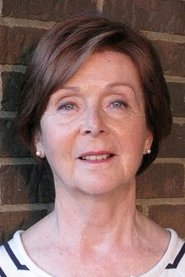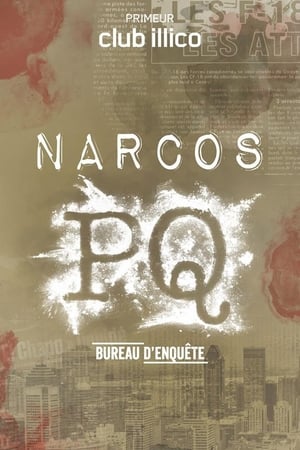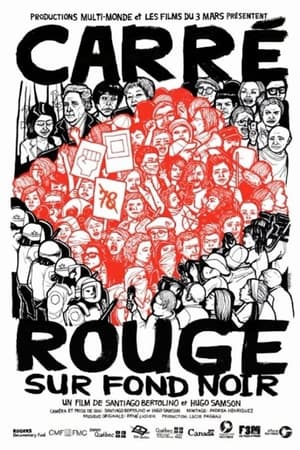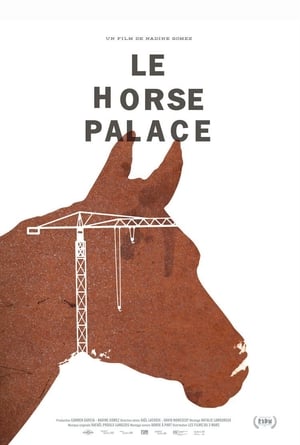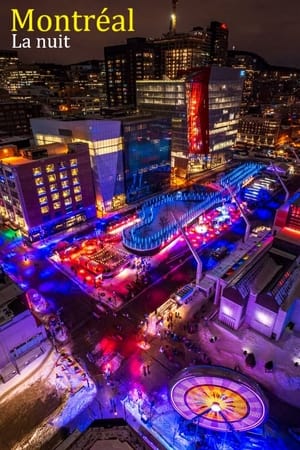
Ville-Marie(1965)
Today it is the city of Montreal, but 3 centuries ago the tiny band of missionary founders called it Ville-Marie, the holy city of Mary. This film goes back to its beginning and those who felt called to plant an oasis of Christianity in the North American wilderness. In an imaginative, at times almost surrealistic, way the film recalls the highborn company from France, and shows what survives of Ville-Marie in the Montreal of today.

Movie: Ville-Marie
Top 2 Billed Cast
Narrator (voice)
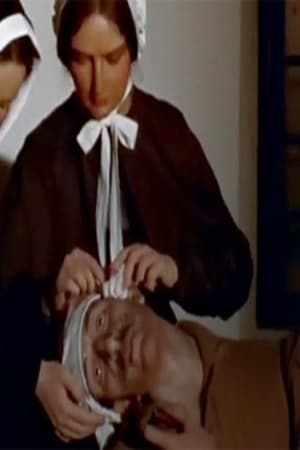
Les Montréalistes
HomePage
Overview
Today it is the city of Montreal, but 3 centuries ago the tiny band of missionary founders called it Ville-Marie, the holy city of Mary. This film goes back to its beginning and those who felt called to plant an oasis of Christianity in the North American wilderness. In an imaginative, at times almost surrealistic, way the film recalls the highborn company from France, and shows what survives of Ville-Marie in the Montreal of today.
Release Date
1965-01-01
Average
0
Rating:
0.0 startsTagline
Genres
Languages:
FrançaisKeywords
Similar Movies
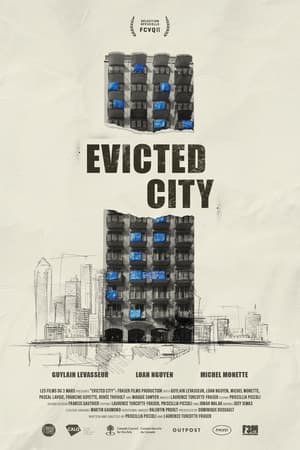 0.0
0.0Evicted City(fr)
Montreal — one of the few remaining affordable cities in North America — is now in the midst of an unprecedented housing crisis. An intimate portrait of socio-political resistance, this multilayered film explores the human impact of real estate speculation on the cities of tomorrow.
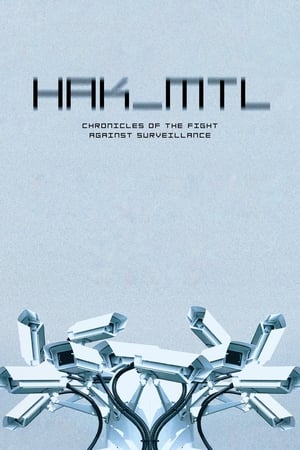 7.1
7.1HAK_MTL(fr)
Does privacy still exist in 2019? In less than a generation, the internet has become a mass surveillance machine based on one simple mindset: If it's free, you're the product. Our information is captured, stored and made accessible to corporations and governments across the world. To the hacker community, Big Brother is real and only a technological battle can defeat him.
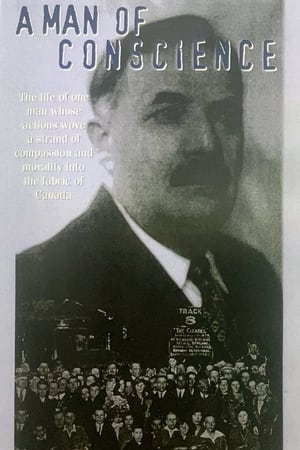 0.0
0.0A Man of Conscience(en)
The story of Morris Saxe, one man whose actions left their mark not only on the business and agricultural life of Ontario, but on the conscience of Canada. The determination and generosity that made Saxe "a man of conscience" are examined through the eyes of his grandson. Born in 1878, Saxe founded the Federated Jewish Farmers of Ontario. He rescued 79 Jewish orphans from Europe and brought them to Canada.
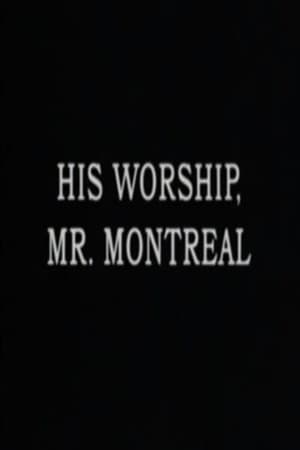 8.0
8.0His Worship, Mr. Montréal(en)
This feature documentary is a fascinating and spirited portrait of the life and times of the legendary Quebec politician and four-time mayor of Montreal Camillien Houde. Using rare archival footage and interviews with ex-colleagues, aides and friends, the film presents a comprehensive profile of this incredible, and, to some, infamous, man.
 6.5
6.5Is the Crown at war with us?(en)
In the summer of 2000, federal fishery officers appeared to wage war on the Mi'gmaq fishermen of Burnt Church, New Brunswick. Why would officials of the Canadian government attack citizens for exercising rights that had been affirmed by the highest court in the land? Alanis Obomsawin casts her nets into history to provide a context for the events on Miramichi Bay.
 0.0
0.0The Stand(en)
Mixing animation with a wealth of archival footage, Chris Auchter’s film explores the 1985 dispute over clearcut logging on Haida Gwaii. On one side are Western Forest Products and Frank Belsen Logging, who plan to engage in clearcut logging on Tllga Kun Gwaayaay (Lyell Island) and are supported by the BC government. On the other side is the Haida Nation, which wishes to protect its lands against further destruction. The confrontation involves court proceedings and a blockade, and Auchter takes us from canny retrospective commentary to the thick of the action.
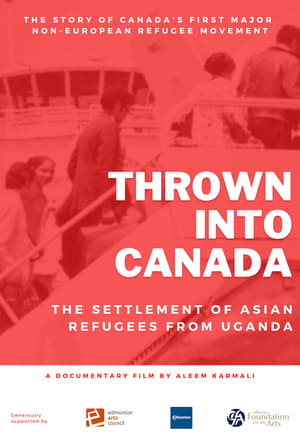 0.0
0.0Thrown into Canada(en)
This documentary explores the history of Canada’s first major migration of non-European and non-white refugees who arrived in 1972 when Ugandan President Idi Amin expelled all South Asians from the country. Their story of struggle and hope became part of Canada’s conversations about refugees and cultural pluralism, and informed the Canadian response to future refugee movements.
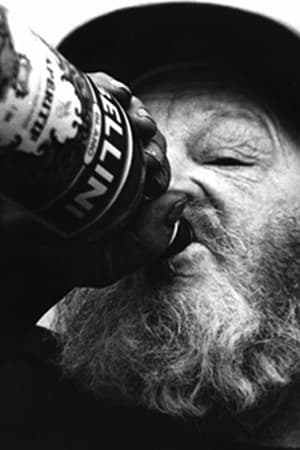 0.0
0.0The Street(en)
Every day, on the streets of Canada's cities, we pass them on our way to work or school. Bums, beggars, winos, bag people we call them. But who is the person at the end of that outstretched arm? What is life on the street really like? Is there a way off the street? For six years, director Daniel Cross followed the lives of three homeless men who spent much of their time in and around a Montreal subway station. Filmed in a cinema verité style, the film is unique: it humanizes the homeless, breaking down the barrier between us and them, neither moralizing nor offering easy answers. This is a gritty, compelling look at life on the streets that moves beyond the media stereotypes to show both the humanity of the homeless and the street-toughened aspects of their existence.
 6.0
6.0Killing the Indian in the Child(fr)
The Indian Act, passed in Canada in 1876, made members of Aboriginal peoples second-class citizens, separated from the white population: nomadic for centuries, they were moved to reservations to control their behavior and resources; and thousands of their youngest members were separated from their families to be Christianized: a cultural genocide that still resonates in Canadian society today.
This Beggar's Description(en)
It's a sensitive, moving doc chronicling the life of Tétrault's brother Philip , a Montreal poet, musician and diagnosed paranoid schizophrenic. A promising athlete as a child, Philip began experiencing mood swings in his early 20s. His extended family, including his daughter, share their conflicted feelings love, guilt, shame, anger with the camera. They want to make sure he's safe, but how much can they take?
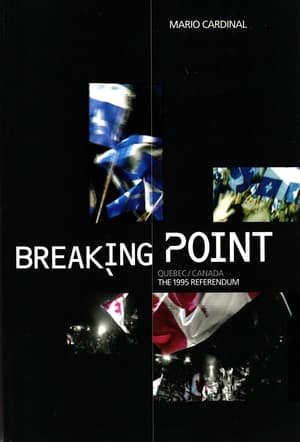 10.0
10.0Breaking Point: Canada/Quebec - The 1995 Referendum(fr)
BREAKING POINT brings viewers back to those tense, critical moments when Canada's future as a country was at stake.
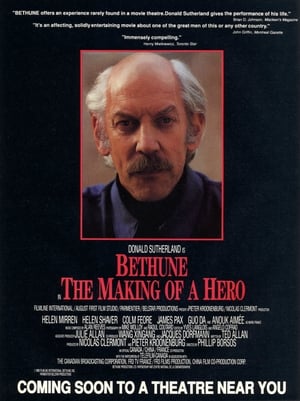 5.3
5.3Bethune: The Making of a Hero(en)
True story of Norman Bethune, a medical doctor who fought for justice in China during Mao's rise to power.
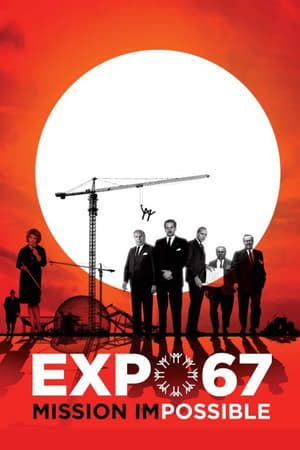 7.0
7.0EXPO 67 Mission Impossible(fr)
This documentary let us to relive the challenge of the men behind the 1967 Universal Exposition in Montréal, Canada. By searching trough 80,000 archival documents at the national Archives, they managed to bring light on one of the biggest logistical and political challenges that were faced by organizers during the "Révolution Tranquille" in the Québec sixties. Includes the accounts of the Chief of Advertising Yves Jasmin, and businessman Philippe de Gaspé Beaubien.
